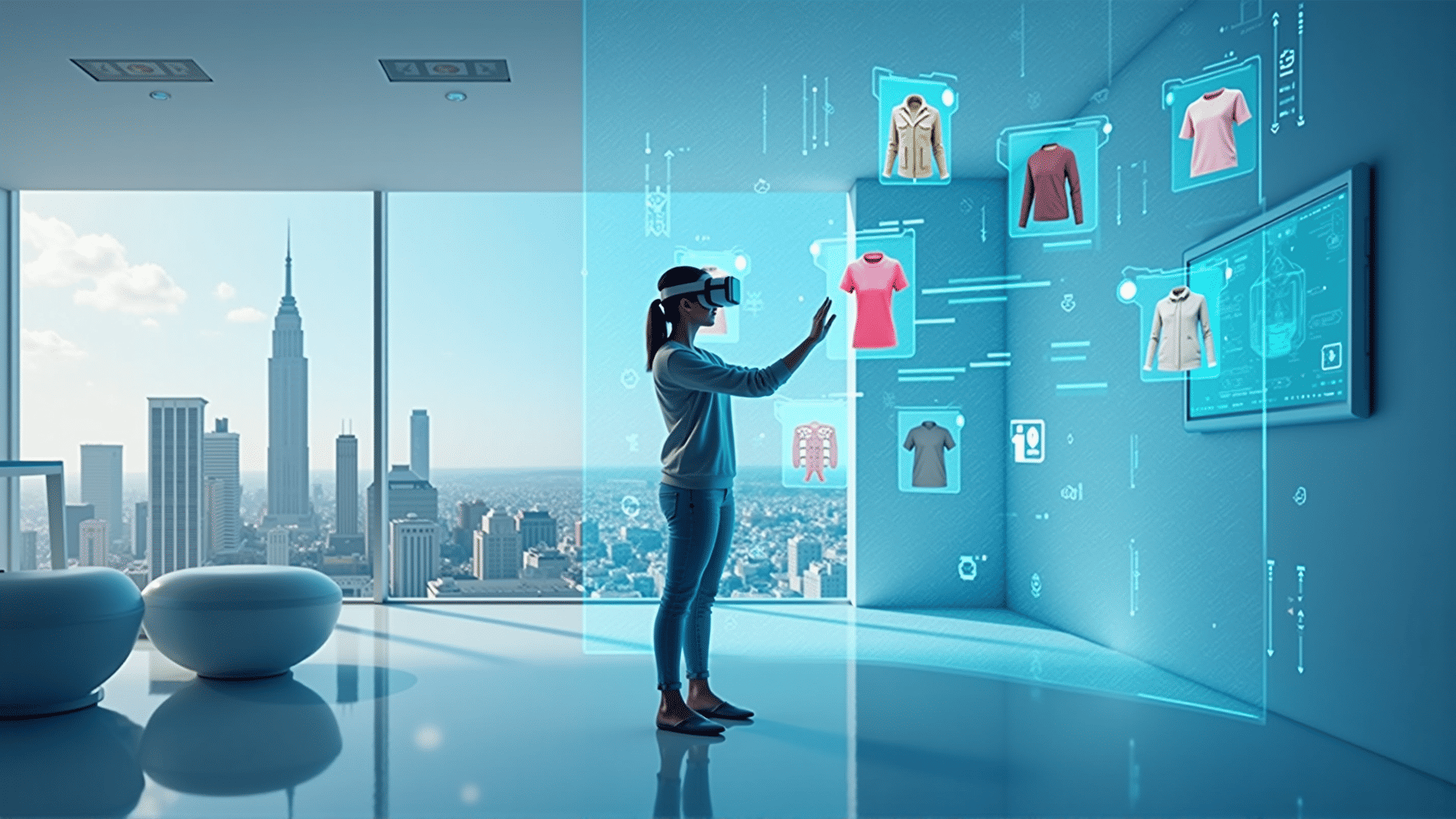As we venture further into the digital age, the experience of finding and acquiring products online is undergoing a profound transformation. The digital marketplace is not just evolving in terms of technology but also in how people engage with brands and the personalized approaches used to cater to individual needs. Key technological trends are paving the way for a new era in the online acquisition of goods, promising a future where interactions are more immersive, intelligent, and instantaneous.
One of the most thrilling advancements reshaping the landscape is the integration of virtual reality (VR) and augmented reality (AR) into online experiences. These technologies are revolutionizing how individuals interact with products before acquiring them. Imagine being able to virtually try on clothing to see how it fits and looks in a realistic way, or visualize how a new piece of furniture would fit and complement your space. This immersive experience helps eliminate uncertainty and fosters more confident decisions.
In addition to immersive technology, the role of artificial intelligence (AI) in shaping the future cannot be overstated. AI-driven algorithms are empowering platforms to offer personalized recommendations like never before. By analyzing behavioral patterns and preferences, AI can curate selections that align more closely with what a person truly values. This not only enhances the experience but also introduces users to options they might not have discovered otherwise.
Furthermore, the rise of conversational AI, manifesting through chatbots and digital assistants, is making digital interactions smoother and more engaging. These AI tools are available 24/7, providing immediate assistance and personalized suggestions, thereby enhancing the overall experience for individuals.
Voice technology represents yet another frontier in the transformation of digital marketplaces. With its increasing integration into various devices, users now have the convenience of exploring, selecting, and making inquiries using just their voice. This trend, coupled with the growing precision of natural language processing, is making transactions more seamless and user-friendly.
Sustainability and ethical considerations are also set to play a significant role in shaping future platforms. A growing number of buyers are becoming more conscious of their impact on the environment and are seeking brands that align with their values. In response, brands are adopting more transparent practices, emphasizing sustainable sourcing, and focusing on reducing their carbon footprint.
Looking further ahead, blockchain technology promises to bolster trust and transparency within digital spaces. By enabling secure, decentralized transactions, blockchain can provide assurances regarding the authenticity and provenance of goods, which is increasingly important to conscientious users.
Finally, the increasing popularity of social platforms is transforming how individuals discover and engage with offerings. Influencers and community-driven content are becoming influential factors in helping users make decisions, essentially turning social platforms into dynamic exploration hubs.
In conclusion, the future of acquiring goods online is intertwined with technological advancements, social dynamics, and heightened expectations for personal and sustainable experiences. As we continue to embrace these innovations, the journey promises to be not only more convenient but also more aligned with the values and needs of the modern individual. These transformations will undoubtedly redefine the digital marketplace, making it an exhilarating space to watch in the coming years.
